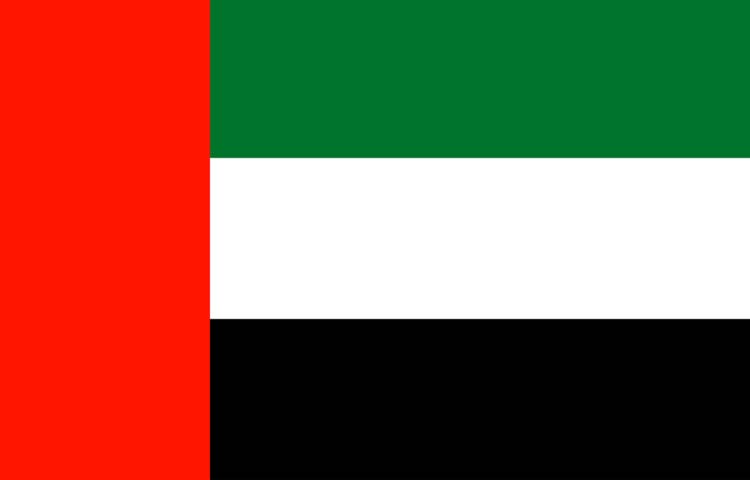Arabic-Italian translation and vice versa

Arabo traduzioni professionali
For a company that has relations with Arabic-speaking countries, it is indispensable to rely on professional native speakers for an excellent Arabic-Italian translation or vice versa
The 101ProServices agency in Rome facilitates good and smooth communication in Arabic to enhance the business and reputation of a company that has ongoing or sporadic contact with the Middle East.
Arabic has several linguistic peculiarities that are difficult to translate using common online translation tools. To be sure not to make a mistake, it is best to rely on expert hands for an Italian-Arabic translation, whether for personal or business purposes.
Over the years, our staff has received many requests for Arabic-Italian translations. This is thanks to the experience and continuous training of our native speaker Arabic translators, who strive to offer increasingly professional services. In fact, 101ProServices aims to be a point of reference for all those who need Arabic translations
We are also particularly experienced in the most common language combinations associated with the Middle Eastern idiom. We have experts for French-Arabic translation and English-Arabic translation services, again in the economic-financial field but also technical-scientific, legal and for sworn translations.
Sworn Arabic translations with native speakers
Among the many requests that come to our agency, we often include sworn translations into Arabic. These requests concern documents (certificates, deeds, judgments, etc.) that are to be presented in legal form abroad or to the Italian authorities if a sworn translation is required. Arabic translations in the legal field are most commonly requested for:
- school (diploma, degree, specialisation courses) / university enrolment
- residence application
- employment recruitment
- marriage, divorce and separation
- birth certificates
- judgments to be filed
The main countries and consulates where Arabic is the officially written and spoken language are: Algeria, Saudi Arabia, Bahrain, Egypt, United Arab Emirates, Jordan, Iraq, Kuwait, Lebanon, Libya, Morocco, Oman, Qatar, Syria, Tunisia and Yemen. In the corporate sector, we are usually requested to provide Arabic translations for the following documents and acts:
- balance sheets, minutes of meetings, notarial documents, articles of association
- invoices, agency contracts, certificates of free sale, distribution contracts
- opening of companies
- tenders
- health certificates
- filing and registration of trademarks and patents
- foreign employment contracts

Italian-Arabic translator
Our staff includes professional translators, specialised in different types of translations (commercial, financial, medical, etc.), mostly registered with the courts. If requested, we have an Arabic interpreting service that will certainly facilitate your relations with the Arab world request a free quote now, contact us via WhatsApp.
The multilingual Arabic team at 101ProServices has professional certificates, language degrees and extensive work experience. Our Italian-Arabic translators have been working in the field for many years and are familiar with all linguistic peculiarities, starting with the way of writing: Arabic is read and written from right to left.
The Italian-Arabic translator who will be assigned to you will be someone who is able to exploit his skills not only on a linguistic level, avoiding common grammatical errors (typical of inexperienced online translators), but also misalignments in the layout of the text.
Arabic has several variants, both literary and standardised, depending on the region. Dialects are also a variant, both written and spoken. It often happens that we are asked for an Italian-Egyptian translator, as the latter is the official language of Egypt and represents one of the varieties of this fascinating Middle Eastern idiom. On the other hand, an Egyptian-Italian translator will have the task of conveying the text from the first to the second language, paying close attention to all terms, finding the correct correspondent, inherent to the type of translation (commercial, financial, editorial, etc.).
Arabic translations: some curiosities about the language
Translating into Arabic is not easy if you are not fully familiar with the peculiarities of this idiom. Arabic has many variants in the spoken language and today has about 270 million people who use it to communicate. Arabs are mainly located in 22 countries and, starting in the 7th century, the Arabic language became the revelatory language of the culture of the Islamic world with the Arabic Classical variant. This language has been divided into three main branches namely, Classical Arabic, formal Arabic and spoken Arabic, the latter of which may differ from region to region. It is therefore necessary to rely on professionals who have knowledge in reading and writing Arabic texts or linguistic familiarity as an Arabic-Italian interpreter.
It is good to remember that Arabic is a language that is written and read from right to left, and this is not the only difficulty one can encounter when translating Italian-Arabic-Italian texts. Numbers and dates in a written document are read in the Western way, i.e. from left to right.
Numerous Arabic words are used in Italy, subdivided into the areas in which the Arabs excelled in the past.
Navigation: libeccio – lebeǵ (wind bringing rain), scirocco – shurhùq (noon wind), admiral – shurhùq (lord or prince of the sea). The Arabic expression dār aṣ-ṣinā’a, literally translated into house of trade, was later associated with the place of shipbuilding.
Trade: warehouse – makhzan (warehouse), customs, tariff, mint – sikka (mint), tara. But also: sugar, saffron – za῾farān, coffee – qahwa (stimulating drink), lapis lazuli – lāzuward, lemon – līmū, artichoke – ḵuršūf, aubergine – al-bādhingiān, tamarind – tamr hindī (date of India), zibibibbo – zabīb (sultana or sultana).
Mathematics: algebra – al-ğabr (completion), algorithm, digit – sifr (derived from the Arabic word for zero, essential in the European numbering system).
Astronomy: almanac – al-manākh (astronomical tables), Aldebaran – al-Dabarān (standing behind – referring to the way the star, belonging to the constellation Taurus, appears immediately after the Pleiades), Zenit – samt al-ra’s /-ru’ūs (way or direction of the head / of the heads), nadir – naẓīr (counterpart), the brightest star in the constellation Lyra, Vega – an-nasr al-wāqi’,(Eagle soaring).
Medicine: syrup, notebook – taquîm (orderly arrangement).


